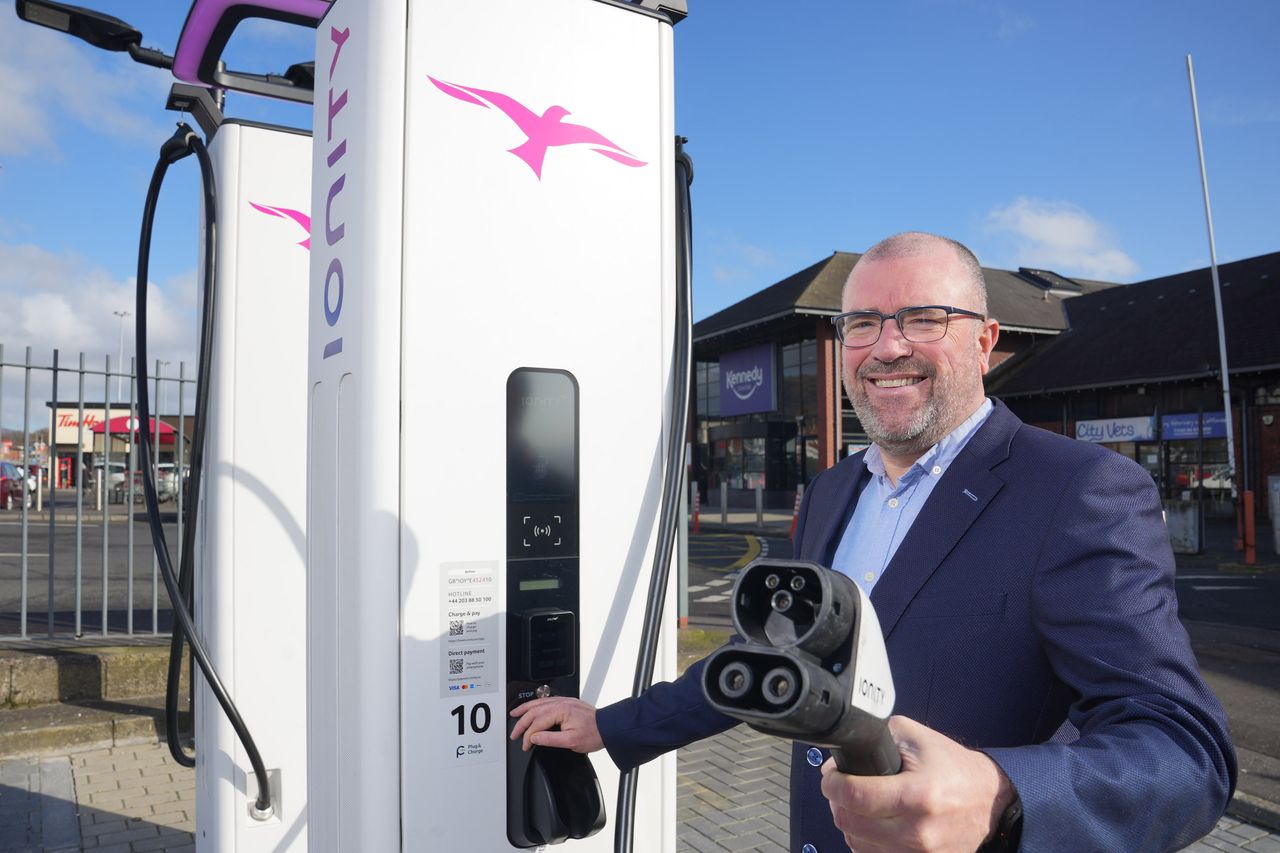The Labour government has announced a one-year extension of the Workplace Charging Scheme (WCS) in a bid to improve access to electric vehicle (EV) charging, particularly for workplaces and educational institutions. The move aims to encourage the adoption of EVs by addressing one of the most significant barriers—charging accessibility.
Expanding EV Charging Infrastructure
Since its inception, the WCS has facilitated the installation of over 1,400 EV charging sockets across schools and workplaces in the UK. The extension, backed by an additional £3 million in funding, will allow even more businesses and institutions to install charging points. This is a crucial step in ensuring that employees, visitors, and fleet vehicles have access to convenient charging facilities, thereby reducing reliance on costly public charging networks.
Addressing Charging Cost Disparities
One of the most significant challenges in the EV sector is the stark cost difference between home and public charging. Reports indicate that public charging can be up to ten times more expensive than charging at home. This discrepancy has deterred many potential EV owners who do not have access to private driveways or home chargers. By expanding workplace charging, the government aims to bridge this gap, making EV ownership more viable for a broader range of drivers.
Labour's Wider EV Strategy
The WCS extension is just one component of Labour’s broader strategy to transform the UK’s automotive sector. The government has outlined ambitious plans that include:
Investment in EV Battery Manufacturing: Labour aims to boost domestic battery production to support the growing EV market and reduce reliance on imports.
Training in EV Technologies: To ensure a skilled workforce for the future, new programs will focus on upskilling workers in EV maintenance, manufacturing, and infrastructure development.
Clear Battery Labelling Standards: Consumers will soon benefit from improved transparency regarding battery life, range, and sustainability metrics.
These initiatives collectively signal a commitment to positioning the UK as a leader in the transition to zero-emission transport.
A Step in the Right Direction, But More is Needed
While the extension of the WCS is a welcome development, industry experts argue that it is only a partial solution. The UK still lags behind in terms of public charging infrastructure compared to other leading EV markets. Without further investment in rapid charging stations and urban charging solutions, many EV owners—especially those in densely populated areas—may continue to face challenges.
Additionally, concerns remain over the long-term consistency of EV policies. Fluctuating government incentives and a lack of clear long-term planning have previously hindered consumer confidence. To truly accelerate EV adoption, Labour must ensure that its policies are stable, well-funded, and adaptable to the evolving needs of the market.
Extending the Workplace Charging Scheme is a positive step toward improving EV accessibility and reducing charging inequalities. However, it should be seen as part of a broader, more comprehensive approach to electrification. The UK’s transition to an EV-driven future will require sustained investment, regulatory clarity, and a focus on making charging more affordable and convenient for all drivers.






.jpg)


